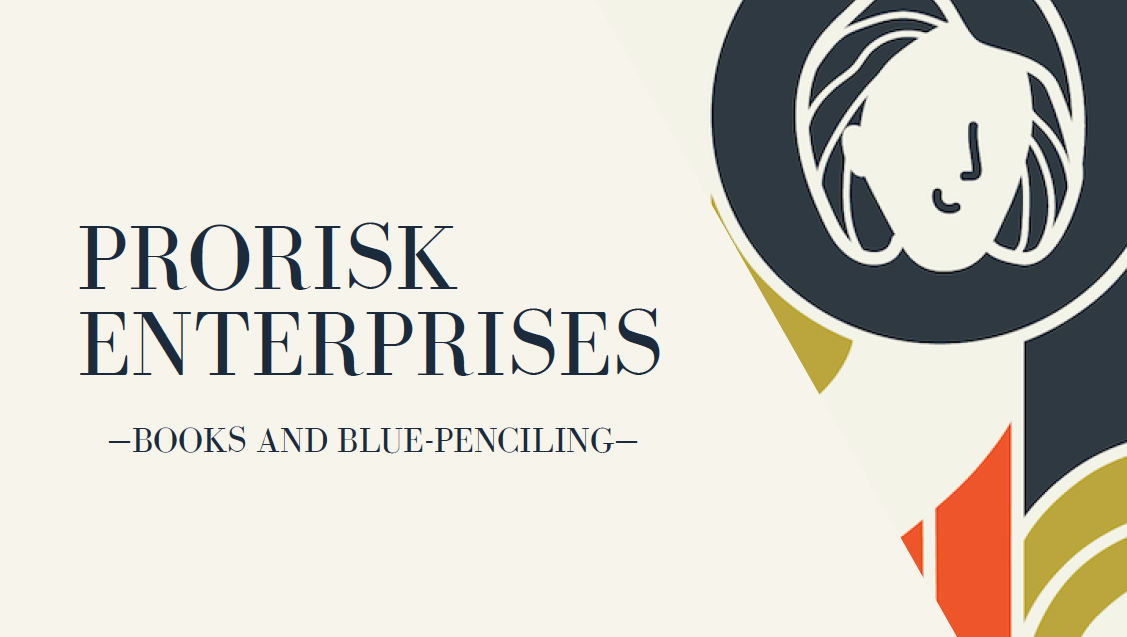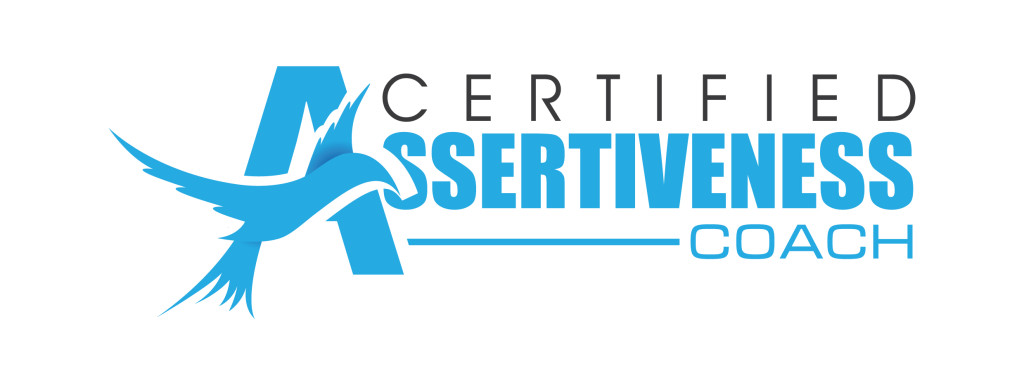You have asked me for more examples of how to take your power back and in circumstances that are familiar.
Today, I`m sharing about the most common area that people don`t even realize they give their power away to – and that`s mon?y!
You are 20 years old. Or you are 50 – the same thing occurs.
Or you are just starting your career, or you are a Fortune 500 executive.
No matter what your age or what financial range you experience, you have this one common issue: it’s around mon?y!
Ready to take your power back from mon?y?
Mon?y as a concept (energy) is sapping you and you may not even realize it.
You want more mon?y, more business, reach the next level or just get by.
So let’s find out what the issue really is.
If you are one of the 80% of the general population that believes that mon?y is the answer to all of your problems, you must read this!
What happens is, you start to lose perspective as things really are. Here`s what I mean.
You can’t see your current situation as it really is because you want mon?y to solve your problems.
Mon?y by itself is not that powerful, but we give it the credence we think it deserves. Worse, some of us give it a bad rap we think it deserves! Which camp are you in?
Mon?y is abstract and has no intrinsic value in itself. Increasing mon?y is worth nothing for the sake of mon?y itself. Increasing mon?y is just a reason to increase something else in your life that has the appearance of not being there.
Do you know what your something else is?
Let me give you an example. You want to travel more. So instead of focussing on how to get to your destination, you focus instead on how to make more mon?y.
Neither seems to happen.
Or, you want to buy a new home. You focus on making more mon?y. Now you wait and wait instead of focusing on which neighbourhood, which price range, which style, and when you want to move into your new home.
What I`m saying is, you are actually reducing your chances of increasing mon?y when you focus on making more mon?y instead of correcting (finding solutions) to the situation.
Right after I graduated university, I traveled into Russia and Europe. I already spent thousands for my education so already knew I had a debt to honour. I was lucky that I did have a brand new teaching job lined up for the fall. But in the mean time, I really wanted to travel. I didn`t focus on the mon?y I would need to travel. I didn`t focus on the debt I already accumulated. Instead I focused on the trip and where I wanted to go.
Amazing things started happening.
The university was offering credits for a specific trip into the Soviet Union. I needed a credit card (didn`t have one up to them) and the bank was offering a special interest rate with a financial gift attached. I made arrangements with my summer employer for added hours to earn additional wage. I made arrangements with my brother to have my car for the entire summer I was planning to be away. I had enough for a return flight.
The rest was gloriously history!
In fact, it cost me probably an extra $1,000 added to my current loans – I went anyway because this was not a devastating situation financially for me.
My friend and I stayed at hostels and made friends along the way. A lot of our expenses were handled – we trusted our journey would take care of itself and it did! Ever worked abroad?
If I hadn`t, thought about this adventure as joy and focussed on it instead of earning more mon?y, I would still be saving instead of travelling.
It`s where the focus belongs.
The truth is, when the focus is on making more mon?y instead of what you want it for, everything starts looking like making more mon?y instead of focussing on what you really want to have occur in your life.
If your focus is on making more mon?y, you can’t focus in on what may work or stimulates your joy. You instead, focus on how to make more mon?y.
You become discouraged because trying all these mon?y making distractions may not bring in what you thought. You actually spend more and gain less.
You lose control of your own life to outside circumstances because you see those outside circumstances as having the mon?y or the opportunity to giving you the mon?y.
Here`s how else we give our power away.
We give our power to our jobs even if we don’t like them because we believe they give us the mon?y.
We give our power to opportunities we think will bring in more mon?y, even if we don’t know what we’re getting into.
We give our power to people who have more than we do and we wish to emulate.
But what we really do is give our power away as we devalue the things that are in our means to grasp. We completely forget the things we have in our grasp because they don’t require any effort to love and enjoy.
Because we focus on making more mon?y, anything we have is suddenly worthless because we don’t have to work to go get it.
Think about it. Where are you focussed right now?
Another common issue we experience when our focus is on making more mon?y is that we procrastinate!
As we focus on mon?y instead of what’s around us, we can’t sustain any effort because we are drawn from one opportunity to the next and to the next and eventually things get overwhelming and we stop.
Our focus is so fractured we look in so many different ways to make mon?y we end up shaping our lives around our pursuit of mon?y.
Has that happened for you? All things and people get shaped to serve your pursuit of mon?y. This is actually the opposite of what needs to happen.
So how do we take our power back?
Yes, there are opportunities around us. But mon?y comes from a `persistence to validate ourselves` in a special area you love.
Let me give you an example.
When mon?y is the focus, your procrastination rate increases because your focus is so scattered and fractured, you’re looking so many different ways to make mon?y. You start to think that everything is a place to make mon?y. You begin to shape your life around your pursuit of mon?y instead of the pursuit of what is important for you.
What`s important to you?
How about the things you love, and the things that bring you jo?
How about those aspects of life that are already there?.
But they get shaped to pursue of love of mon?y instead if you don`t focus on them and instead focus on the pursuit of mon?y.
This is the exact opposite of what needs to happen.
The thing that we need to come to grips with, especially as women looking at opportunities around us that contribute and make better lives for ourselves is this: mon?y comes from a persistence to validate ourselves!
No matter what you are doing outside of lotto winners and inheritance who are statistically broke within 2 years, mon?y comes from a validating who you are – with persistence!
Where does this persistent validation come from? It comes from having the clarity of the payoff. Anytime that you know what you’re going to get for your effort, you’ll stay the course. You’ll stay in the job because you know the payoff.
A lot of times pursuing the mon?y especially in our own businesses, we’re not entirely sure of the payoff. We don’t even know what it is. People don’t define success and can’t tell you what they’re going to get from their results.
Its very important to get an understanding of this because when you understand that you absolutely must validate your actions, and when you absolutely understand the role of mon?y, you win.
When you know in your mind and heart your purpose for doing what you`re doing, that purpose then becomes the focus in your life and you recognize the best ways to get to your ultimate goals when you understand why you want them.
Where you focus and where you set your mind helps you to take control of your life.
It becomes internal. When you take the focus off of mon?y itself to get mon?y and persistently validate yourself, you don’t let the circumstances dictate the meaning of life for you.
These are things I`ll keep sending you in this series of newsletters.
Now, start getting into the realization that where your head has been as you try to master mon?y and it hasn`t worked needs to be shifted.
It`s time to think and do the things you want to do instead.
So write your mon?y goals – what they’ve been, and what you want them to be. What were your past goals? Your current goals – long term goals – smart goals?
Once you look closely at what are your current and past money goals, you`ll begin to get clarity why you aren’t you confident with the goals you set.
Whey did you fail to reach the previous mon?y goals? What do you think that are either undercutting your efforts now or have undercut your efforts in the past?
That`s what taking your power back is all about. Understanding that what didn`t work is definitely what you don`t need to repeat!
We’re going to look closely at what it`s going to take to get past those things and move forward.
Well work together. You’ll get a totally different outlook about mon?y and begin to see results you never thought possible. That’s what taking your powerback is all about.
PERSONAL RESOLUTIONS
Now that you have practiced validating yourself despite your focus, it is time to consider a short term and a long-term goal for yourself.
For many entrepreneurs, these goals revolve around more intentional self-care and more family time.
For our purposes, a short term goal will be realistically achievable within about 21 days.
Setting a S.M.A.R.T. Goal
Adapted from: goalsettingstrategies.com/smart_goals.html
SMART stands for Specific, Measurable, Attainable, Realistic/Relevant and Time Bound.
S = Specific: Goal must be clearly defined.
M = Measurable: How will you know when you reach your goal?
A = Attainable: Is your goal a challenge but still possible to achieve?
R = Realistic: Is your goal realistic and within your reach? Are you willing to commit to your goal?
T = Time Bound: Does your goal have a deadline?
Examples of smart goals
Bad example of a SMART goal:
“I want to lose 20 lbs by April 15th 2011 by performing a half hour of cardio and half hour of strength training per day, 5 times a week and I will only eat starchy carbohydrates 3 times a week.
Good example of a SMART goal:
“I want to lose 10 lbs by April 15, 2011.
Bad example of a SMART goal:
“I want to go out more for coffee.”
Good example of a SMART goal:
“I will go out for coffee with two different friends in the next three weeks”
Personal S.M.A.R.T. Short Term Goal: within 21 days, I will,
Strategy (how will I achieve it)
Personal S.M.A.R.T. Long Term Goals
A long term goal for our purposes will be “time bound” by the date you set as achievable to complete a project.
Often the difference between a short term goal and a long term goal is that a long term goal may take more time to accomplish because it is a more complex goal. Setting strategy for long term goals will bring success.
Goal:
Strategies:
Once you have achieved one goal, why not set the second one?

